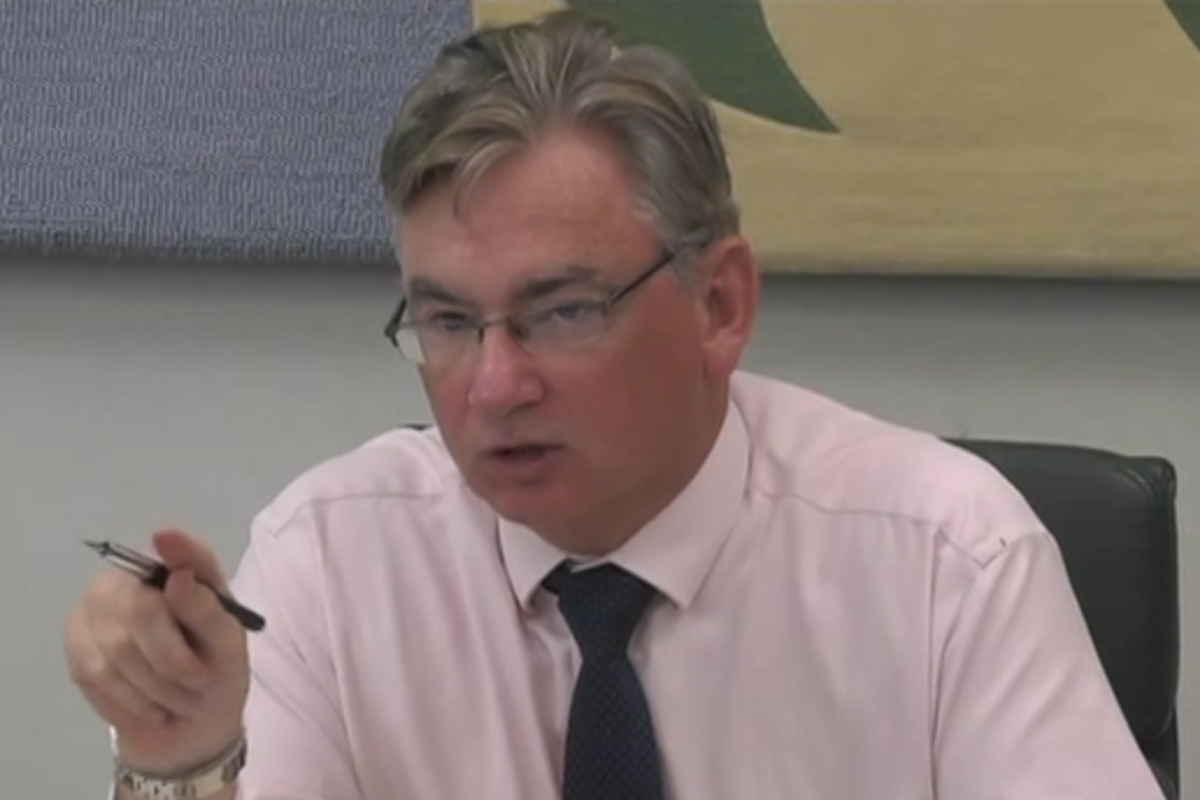
Julian Knight says a new model of funding for arts and culture is needed.
Photo: Picture: UK Parliament
MPs urge new Arts Council England funding system
Inquiry into 'levelling up' culture recommends changes to current funding system and calls for government to provide targeted support for organisations facing the 'existential threat' of the cost-of-living crisis.
Arts Council England (ACE) and the Department for Digital, Culture, Media and Sport (DCMS) should consider a new funding system for arts and culture to ensure grassroots organisations do not miss out, an influential group of MPs has recommended.
The Culture Select Committee's inquiry into cultural placemaking and the levelling up agenda found that under current funding systems grassroots organisations in deprived areas are experiencing "serious financial risk" due to a handful of organisations receiving significant proportions of public funding.
In addition to recommending funding system changes, the report also warns that the current cost-of-living crisis poses an "existential threat" to cultural, sporting and media organisations at the centre of communities and calls on government to bring forward targeted support, such as through VAT or business rate relief.
READ MORE:
Publication of the committee's findings comes two days ahead of ACE's scheduled announcement of its National Portfolio for 2023-26, which had been due to be unveiled last Wednesday (26 October), but was 'paused' the day before.
The inquiry found that funding and support for arts and culture emulates the broader geographic disparities across the UK. The report says that outside London and the South East, there are areas still not receiving the necessary investment to support their own local and world-class institutions.
Declining investment
The report adds that the overall decline in investment for arts and culture has impacted the accessibility of funding, particularly for grassroots and local organisations, as organisations compete for less money overall.
And it points to evidence suggesting that any additional money that has been made available has "simply followed existing artistic infrastructure, rather than building up places with less or less-recognised infrastructure".
"We recommend that the government and Arts Council England reconsider how they allocate funding by regions," the report states.
"We propose a model whereby world class, national cultural institutions, who often receive the most significant levels of public cash, are categorised and allocated funding separately from local and regional cultural institutions.
"This would allow for better comparisons between genuinely grassroots organisations and ensure those organisations in regions where there is a high concentration of national cultural institutions aren’t indirectly negatively impacted by well-meaning attempts to rebalance spending across the country."
The report also recommends that national cultural organisations should have differing expectations as a condition of public funding, including greater accessibility for audiences nationwide and support for grassroots organisations, in a similar way as to how the “crown jewels” of sport have differing broadcasting expectations.
"One overall ambition for Levelling Up through culture should be that every region can boast world class institutions alongside a local, accessible grassroots cultural ecosystem," the report states.
Sustainable funding settlements
The report also urges the government to consider how to support arts and culture through means other than one-off funds, such as sustainable public funding settlements and by encouraging private investment.
And it calls for action to address skills shortages in the creative sector through supporting schools that provide vocational, industry-backed qualifications.
In terms of the ongoing cost of living crisis, the report says government must bring forward targeted support, such as through VAT or business rate relief.
Julian Knight, Chair of the Culture Select Committee, said local museums, galleries and theatres have a "huge role to play" in regenerating high streets and town centres away from the big cities, but they run up against pervasive and persistent barriers to their success.
"With spiralling energy bills exacerbating the scars inflicted by the pandemic, the government must come forward with targeted support to ensure local organisations are not hit by a wave of closures at a time when art and culture is more important than ever in providing people with an escape from the harsh realities of the cost-of-living crisis," he added.
"In the longer term, a new model of funding is needed which stops cash for culture being hoovered up by all the big players and instead recognises the importance of the grassroots and opening up world-class exhibitions and performances to new regional audiences.
"People should be put at the centre of efforts to level up the country through culture. The government’s renewed focus on skills and vocational education must include support for industry-backed schools, training and apprenticeships.
"This will both help to tackle the chronic skills shortage inflicting the sector and provide a ladder of opportunity for people across the country.”
Join the Discussion
You must be logged in to post a comment.